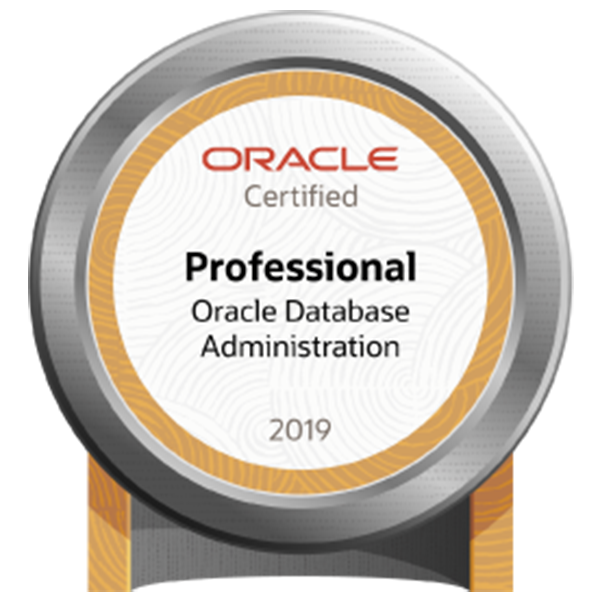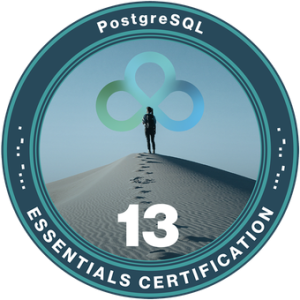How to fix corrupt UNDO tablespace ?
If the Oracle UNDO tablespace is corrupted, it is possible to receive errors such as the one below.
ORA-00376: file string cannot be read at this time
In summary, when UNDO segments are damaged, the following should be done:
- The undo_management parameter must be changed from AUTO to MANUAL.
- A new UNDO tablespace must be created.
- The problematic UNDO tablespace must be removed.
- The undo_management parameter, which is MANUAL, should be changed to AUTO and the undo_tablespace parameter should be changed to the newly created UNDO tablespace.
Fixing corrupt UNDO tablespace:
1- Detect bad segments. The following query can be used to detect bad segments.
select segment_name, status from dba_rollback_segs where tablespace_name='<problem undo tablespace>' and status = 'NEEDS RECOVERY'; SEGMENT_NAME STATUS ------------------------------ ---------------- _SYSSMU22$ NEEDS RECOVERY
2- Close the database.
3- Change the relevant pfile so that undo_management is MANUAL and the _offline_rollback_segments value from the hidden parameters is the problematic segments. Open the database in MOUNT mode and RESTRICT.
Lines to be added to the pfile:
UNDO_MANAGEMENT=MANUAL
# If there is only one bad segment:
_OFFLINE_ROLLBACK_SEGMENTS=_SYSSMU22$
# If there is more than one damaged segment:
_OFFLINE_ROLLBACK_SEGMENTS=('_SYSSMU22$,'_SYSSMU23$, '_SYSSMU24$)
SQL > STARTUP RESTRICT MOUNT pfile=<ORACLE_HOME>/dbs/initORCL.ora
4- Remove all bad segments and undo tablespace.
SQL> drop rollback segment "_SYSSMU22$";
Rollback segment dropped.
SQL > drop tablespace undotbs including contents and datafiles;
Table space dropped.
5- Create a new undo tablespace.
SQL > CREATE UNDO TABLESPACE UNDOTBS1 DATAFILE '/oradata/orcl/UNDOTBS01.DBF' SIZE 100M ;
6- Close the database.
LEFT> shutdown immediate
7- Delete the _OFFLINE_ROLLBACK_SEGMENTS line from the added lines in the Pfile, make UNDO_MANAGEMENT=AUTO, if the name of the newly created undo tablespace is different from the deleted one, change it to undo_tablespace=<NEW_UNDOTBS1>.
8- Open the database normally from pfile.
SQL > STARTUP pfile=<ORACLE_HOME>/dbs/initORCL.ora
If you need to use Spfile, after opening it;
SQL > create spfile from pfile ;
You can create spfile with the command.







